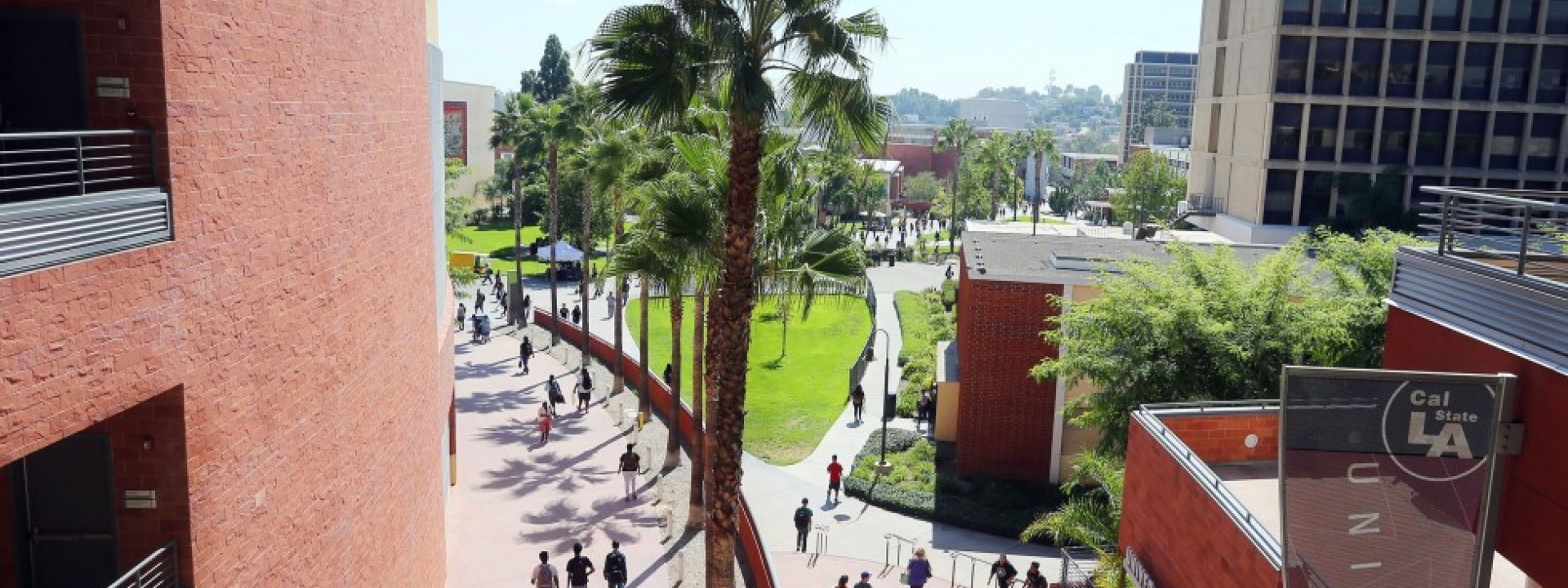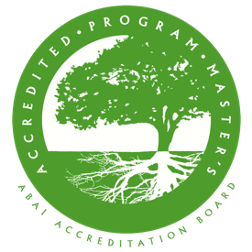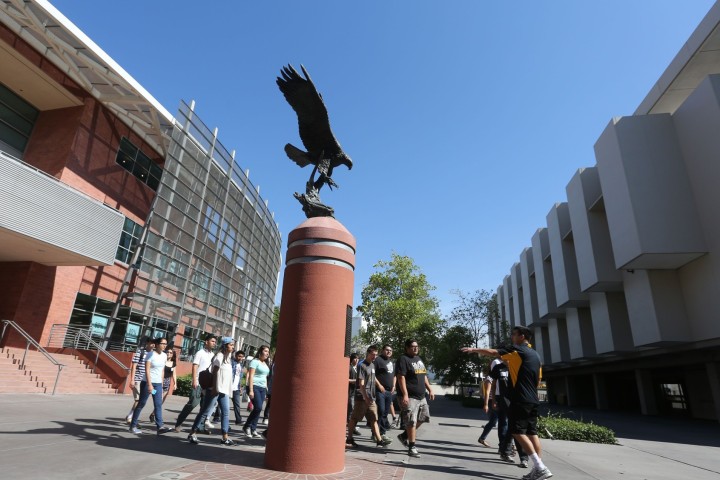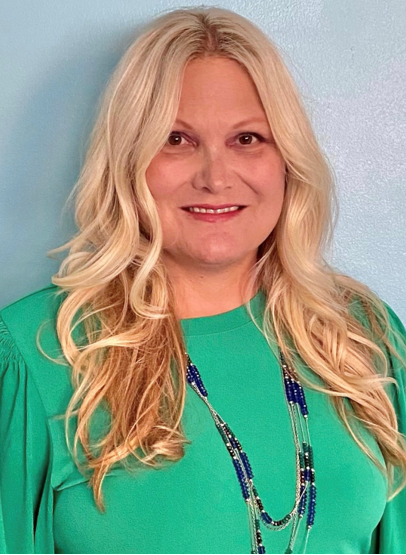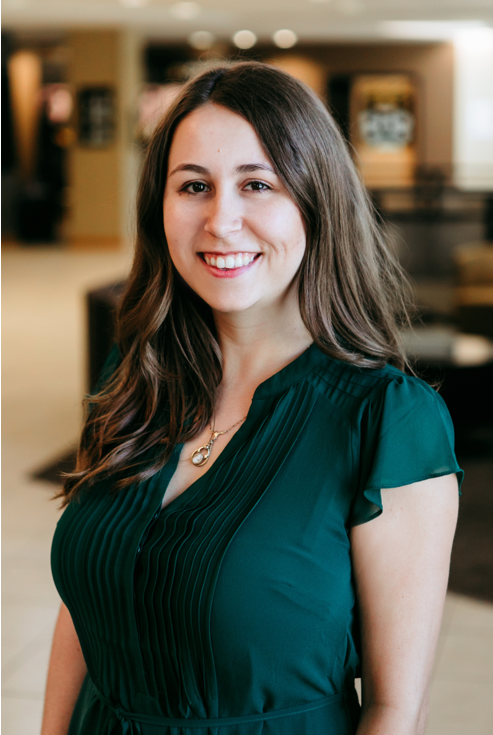Listen to Associate Professor Dr. Denice Rios Mojica tell you about the Master of Science in Applied Behavior Analysis program.
Program's Mission
The Master of Science degree in Applied Behavior Analysis trains students in the principles, concepts, and application of behavior analysis from within a counseling framework. Special consideration is given to incorporating counseling skills in the application of behavior analysis concepts. The program is committed to preparing students to meet national certification standards and to pursue doctoral training in behavior analysis.
Program Objectives
- PO1: Apply the principles and concepts of behavior analysis.
- PO2: Demonstrate basic counseling skills.
- PO3: Incorporate basic counseling skills in the application of behavior analysis.
- PO4: Become ethical scientific practitioners
- PO5: Demonstrate knowledge and competency in accordance with the task list provided by the Behavior Analyst Certification Board.
- PO6: Conduct evidence-based practices in accordance with the most current standards presented by the Behavior Analyst Certification Board.
Program Information
Master of Science in Applied Behavior Analysis [56 units]:
(Accredited by the Association for Behavior Analysis International Accreditation Board; Verified Course Sequence (VCS); Concentrated Supervised Fieldwork)
- Applied Behavior Analysis is the application of learning principles to problems of social importance. It is a systematic, performance-based, self-evaluative methodology for assessing and changing socially important behavior.
- This program is designed for those who plan to work as a behavior analyst who work with individuals with intellectual and developmental disabilities in various settings. This program can also help prepare those who wish to pursue a doctoral degree in behavior analysis
- Accepts ~ 24 students per year
- This program is housed within the College of Education in the Department of Special Education and Counseling. Current full-time faculty: Dr. Michele Wallace (Program Coordinator), Dr. Denice Rios Mojica, and Dr. Jennifer Weyman
Accreditation and Verified Course Sequence
The Masters of Science in Applied Behavior Analysis is accredited by the Association for Behavior Analysis International Accreditation Board. In addition, the Association for Behavior Analysis International Accreditation Board has verified the following courses toward the coursework requirements for eligibility to take the Board Certified Behavior Analyst®. Applicants will need to meet additional eligibility requirements and demonstrate they reside in an authorized country before they can be deemed eligible to take the examination.
Deadline to apply is January 15, 2025
Scholarships
Additional Program Information
FAQs
2 years
The program is 100% in-person.
All classes are on Monday and Wednesday throughout the day.
Approximately 24 students and the program follows a cohort model.
Yes!
Applicants must hold a bachelor’s degree and meet the university graduate admission standards. We also recommend that applicants gain experience working as a Registered Behavior Technician or Behavior Technician.
Students are required to take three semesters of Fieldwork and accrue 750 hours. Students complete their Fieldwork under the supervision of a faculty member and their on-site supervisor where they are working. Students receive 4 group supervision hours from their faculty supervisor and their on-site at their behavioral clinic/agency or school should provide an additional 4 individual supervision hours.
Students are required to find a behavioral clinic/agency or school that can provide the necessary hours.
Program Faculty
Michele D. Wallace, Ph.D., BCBA-D
Professor, Program Coordinator
Department of Special Education & Counseling
Office: King Hall C-1072F
E-mail: [email protected]
- Research Interests: The assessment and treatment of problem behavior, parent and staff training, and supervision practices.
Jennifer Weyman, Ph.D., BCBA-D, LBA
Assistant Professor
College of Education
Department of Special Education & Counseling
Office: King Hall C-1072F
E-mail: [email protected]
- Research Interests: The assessment and treatment of problem behavior, assessment of restricted and repetitive behavior, and parent training.
Denice Rios Mojica, Ph.D., BCBA-D
Assistant Professor
Department of Special Education & Counseling
Office: KH A2034
E-mail: [email protected]
- Research Interests: Supervision/ training, telehealth, assessment and treatment of problem behavior, microaggressions, and culturally responsive mentorship practices.
Accreditation Information
| Outcome | 2022* | 2023* | 2024 | 2025 |
|---|---|---|---|---|
| Degrees conferred. | 16 | 23 | 13 | n/a |
| Median years until graduation for degrees conferred. | 1.75 | 1.75 | 1.75 | n/a |
| Number of students enrolled as of Jan 1, | 42 | 43 | 37 | 44 |
| Number of students no longer enrolled other than conferral of degree. | 2 | 1 | 1 | 2 |
| Number of completed applications received for the following fall admissions (e.g., 2022 for Fall 2023). | 41 | 39 | 53 | 64 |
| Number of students admitted for the following fall (e.g., 2022 for Fall 2023). | 18 | 19 | 22 | 28** |
| Number of core program faculty. | 2 | 3 | 3 | 3 |
| Number of adjunct faculty. | 3 | 3 | 2 | 1 |
| Number of 1st time candidates sitting for BCBA examination. | 8 | 19 | n/a | n/a |
| Percentage of 1st time pass rate. | 100% | 53% | 53% | n/a |
| Median GPA of admitted applicants. | 3.2 | 3.3 | 3.5 | 3.5** |
Entering Term | Number of Students Admitted | Number of Students Completed | Average Time to Completion | Median Time to Completion | Number of Students in Progress |
|---|---|---|---|---|---|
| Fall 2020 | 24 | 20 | 2.1 years | 1.75 years | 1 |
| Fall 2021 | 21 | 20 | 1.75 years | 1.75 years | 0 |
| Fall 2022 | 18 | 13 | 1.9 years | 1.75 years | 4 |
| Overall | 63 | 53 | 1.9 years | 1.75 years | 5 |
Entering Term | Number of Students Admitted | Number of Students Completed | Percentage of Students Completed as of January 1, 2025 | Number of Students that Withdrew from the Program | Percentage of Attrition |
|---|---|---|---|---|---|
| Fall 2020 | 24 | 20 | 83% | 3 | 13% |
| Fall 2021 | 21 | 20 | 95% | 1 | 5% |
| Fall 2022 | 18 | 13 | 72% | 1 | 6% |
Year | Pass Rate (number of first-time exam takers) | BACB Average Pass Rate |
|---|---|---|
| 2020 | 83% (12) | 66% |
| 2021 | 59% (17) | 60% |
| 2022 | 100% (8) | 55% |
| 2023 | 53% (19) | 56% |
| 2024 | 53% (17) | 54% |
Admissions Data by Year | |||
|---|---|---|---|
Year | # Applied | # Accepted | Median GPA |
| Fall 2022 | 41 | 18 | 3.2 |
| Fall 2023 | 66 | 19 | 3.3 |
| Fall 2024 | 56 | 22 | 3.5 |
| Fall 2025* | 64 | 28 | 3.5 |
